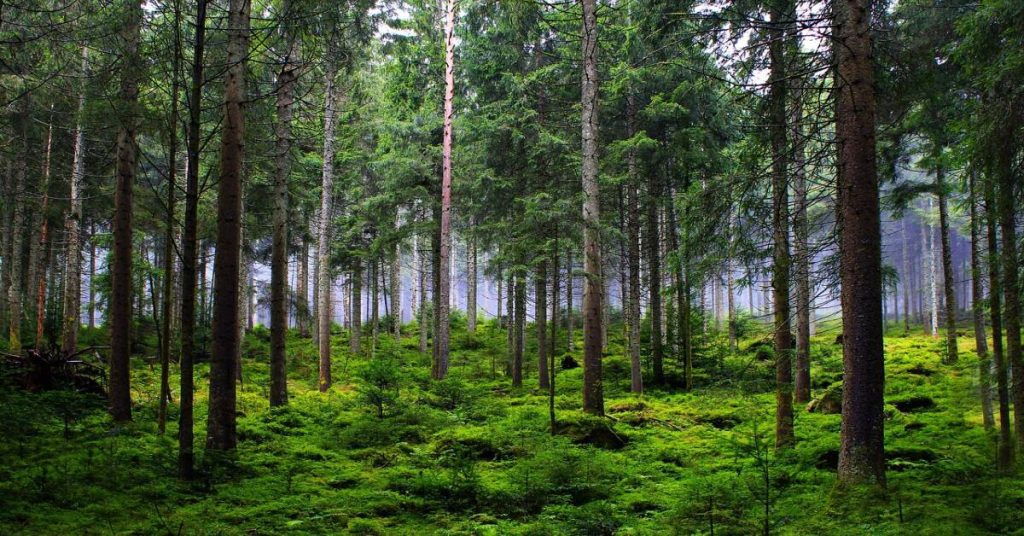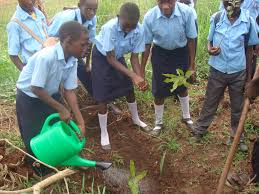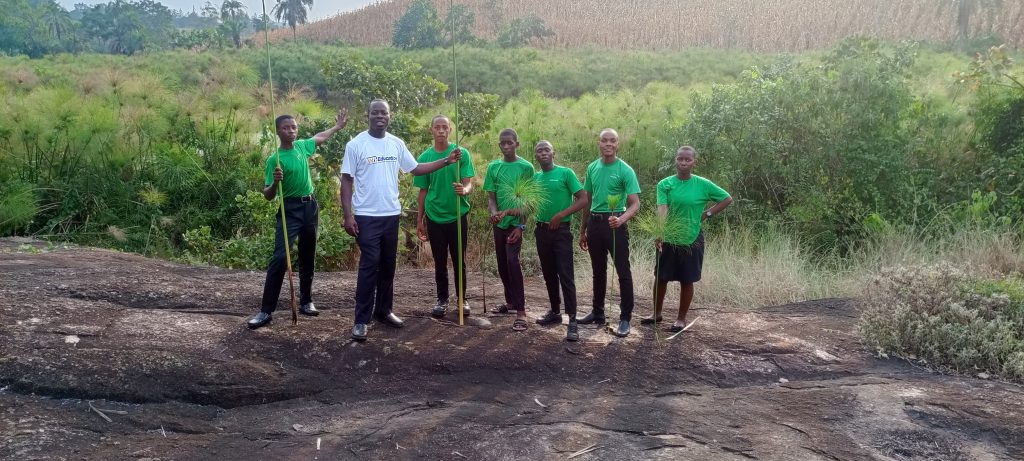In the face of climate change, biodiversity loss, and pollution, environmental conservation has never been more critical. The health of our planet affects all living organisms, including humans, and the choices we make today will have long-lasting impacts on future generations. By understanding the importance of conservation and taking actionable steps, we can protect the environment and ensure the earth remains a vibrant, life-sustaining habitat.

Why Environmental Conservation Matters
Environmental conservation involves the protection, management, and restoration of natural resources to prevent degradation and promote sustainability. This practice is essential for several reasons:
- Biodiversity Preservation
Our planet is home to millions of species that coexist in delicate ecosystems. These ecosystems provide services such as pollination, water purification, and carbon sequestration, which are vital for human survival. Conserving biodiversity ensures that ecosystems remain balanced and functional. The loss of species can lead to a cascade of negative effects, disrupting ecosystems and reducing their resilience. - Combatting Climate Change
Forests, oceans, and wetlands act as natural carbon sinks, absorbing vast amounts of carbon dioxide and mitigating the effects of climate change. Deforestation, ocean acidification, and land degradation reduce the planet’s ability to regulate greenhouse gases, contributing to rising temperatures and extreme weather events. By conserving natural environments, we can help reduce the global carbon footprint and slow climate change. - Protecting Human Health
Clean air, water, and soil are fundamental to human health. Pollution from industrial waste, pesticides, and plastic is contaminating the natural resources we depend on. Conserving the environment helps maintain these vital elements, ensuring communities have access to clean drinking water, fresh air, and safe agricultural products. Furthermore, the protection of green spaces contributes to improved mental and physical health by providing natural areas for recreation and relaxation. - Sustaining Livelihoods
Many communities, particularly indigenous peoples, rely on natural resources for their livelihoods. Sustainable agriculture, fishing, and forestry depend on healthy ecosystems. Environmental conservation ensures that these resources are available for future generations, supporting the well-being of communities that rely on them for survival.

Practical Steps Toward Conservation
While the challenges facing the environment are significant, individuals, businesses, and governments can all contribute to conservation efforts. Here are some practical steps to promote sustainability and protect the environment:
- Reduce, Reuse, Recycle: Minimizing waste by practicing the three R’s helps decrease pollution, conserve energy, and reduce the demand for raw materials.
- Support Sustainable Products: Choosing eco-friendly products and supporting businesses that prioritize sustainability helps shift the market toward more responsible practices.
- Conserve Water and Energy: Simple actions like fixing leaks, using energy-efficient appliances, and reducing water usage can have a big impact on conserving resources.
- Advocate for Policy Changes: Encouraging government and industry leaders to implement policies that prioritize conservation can lead to large-scale positive changes.
- Protect Wildlife Habitats: Participate in or donate to conservation programs that work to preserve natural habitats for wildlife.

Conclusion
The importance of environmental conservation cannot be overstated. Protecting the planet is not only about preserving nature but also about safeguarding the future for humanity. Each action, no matter how small, can contribute to a larger movement toward a more sustainable and healthy world. Together, we can conserve natural resources, protect biodiversity, and combat climate change for the benefit of future generations.





